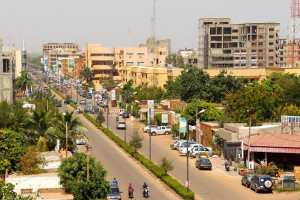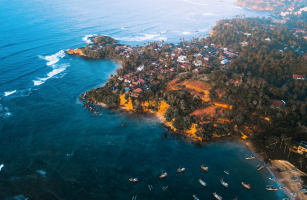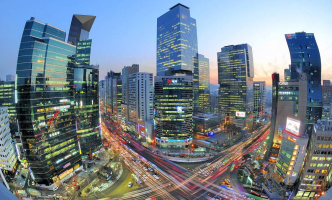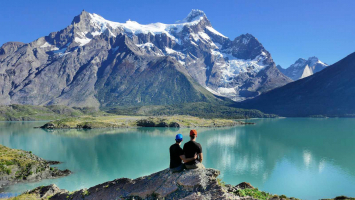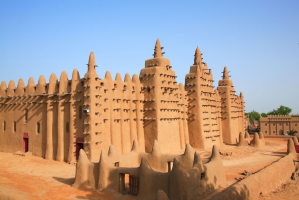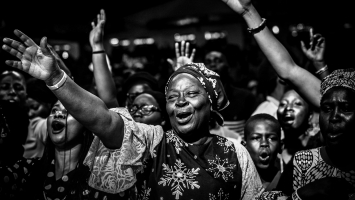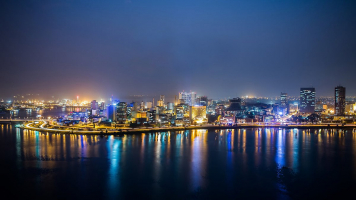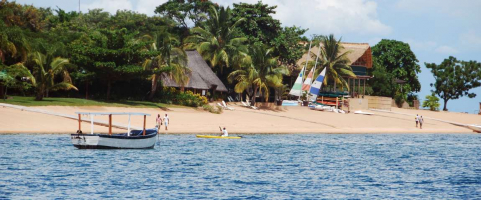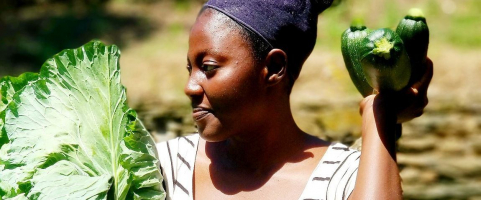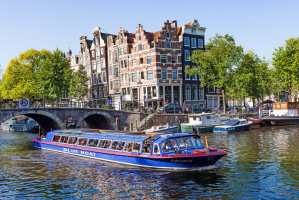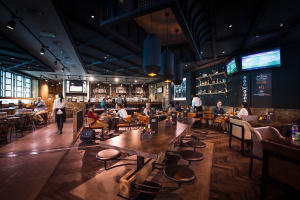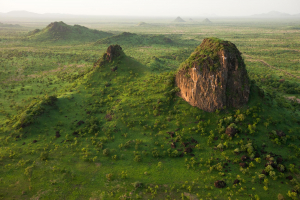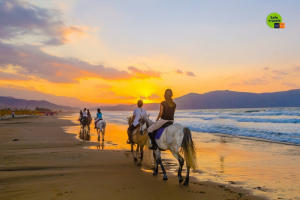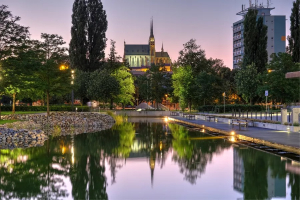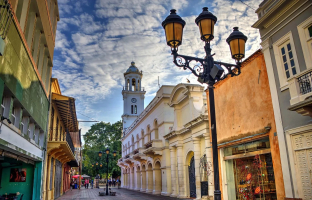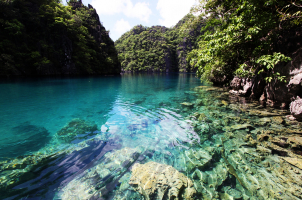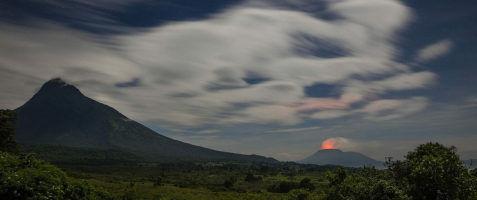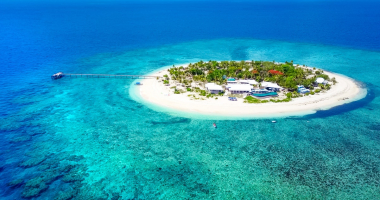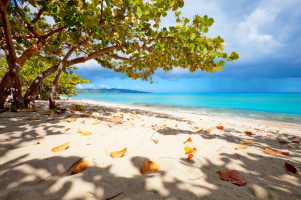Top 11 Things About North Korea You Should Know Before Travelling
North Korea is a legendary country, which means that a lot of myths have been generated about it due to a lack of information. However, some of them turned out ... read more...to be correct in the end. North Korea, known as the world's most secretive regime, has some horrible rules. 'Terrible' is an understatement, as it denies its citizens basic rights and imposes weird authoritarian rules on them. Nonetheless, North Korea is a fascinating and completely distinct country, and you may be interested in visiting it. To begin, you must learn to strictly adhere to all of the regulations. Here are the things about North Korea you should know before travelling.
-
While an armistice deal keeps the two Koreas at peace, they are still formally at war, and inter-Korean ties are strained. The security situation on the Korean Peninsula might quickly deteriorate. This is one of the things about North Korea you should know before travelling.
Because North Korea is a totalitarian country, you may expect to be monitored at all times. Foreigners' activities and discussions are constantly monitored by North Korean security personnel. Personal belongings in hotel rooms, as well as telephones and fax machines, may be monitored and examined.
North Korea is a closed society with little, if any, knowledge regarding its internal political situation. Although foreigners have access to international satellite TV channels in hotels, such access may be limited in a crisis. On the Korean Peninsula, civil unrest, internal instability, and/or an escalation of tensions could occur suddenly, and you may receive little or no information about it from the local media or government.
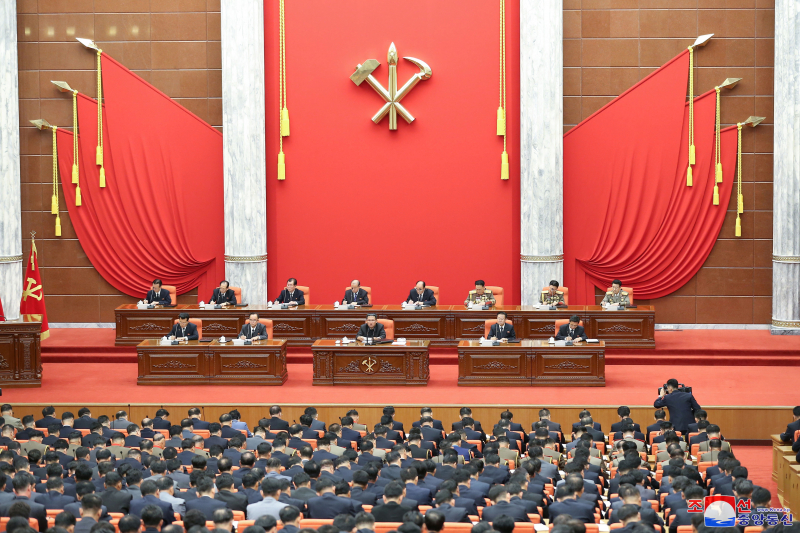
https://www.reuters.com/ 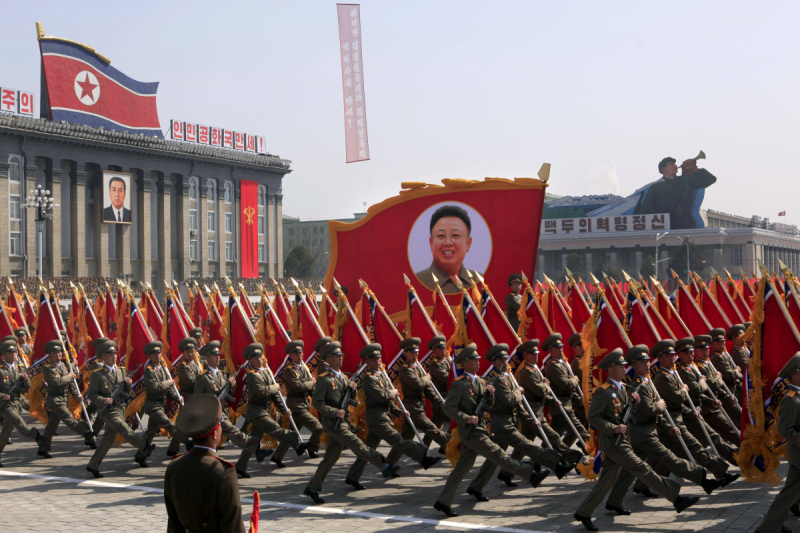
https://www.history.com/ -
This is a country where utter submission to the government is the norm. North Korea has no "dissension," and visitors must respect this or refrain from visiting. It's as simple as that in North Korea, curiosity may get you or your guide killed.
North Korean tourism is unlike anything else you'll find anyplace else on the planet. The government monitors, controls, and carefully plans your every action. The Korean International Travel Company runs the majority, if not all, trips, and their guides will show you around. Forget about independence, adventure, or solo travel in North Korea; it just doesn't work that way.
Only guided tours are available to go throughout the country. Independent travel is not authorized; you must leave your hotel with a guide; you will not be permitted to use public transportation; and both you and your guide will be fined if you break the regulations. You should not visit North Korea unless you are willing to accept harsh restrictions on your movements and behavior.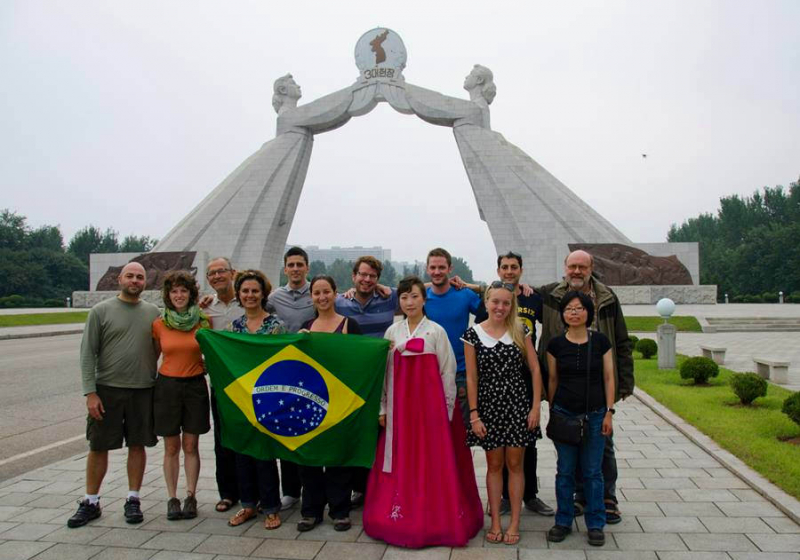
https://www.north-korea-travel.com/ 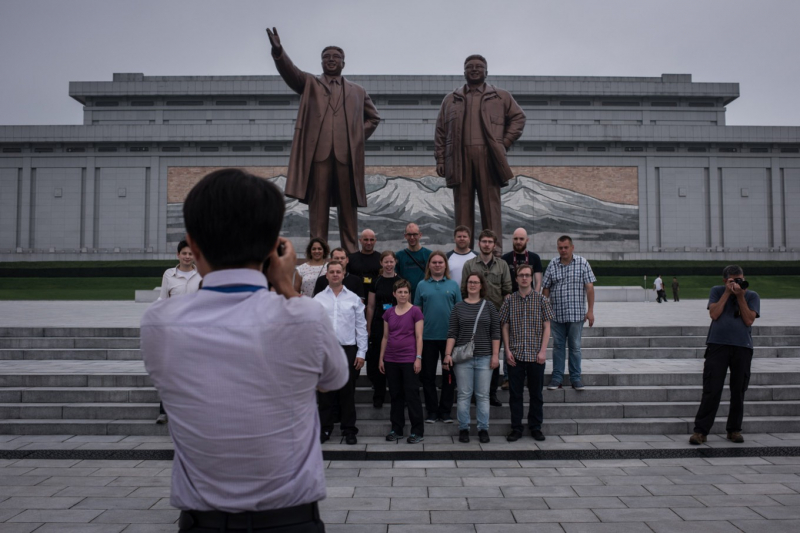
https://www.thejakartapost.com/ -
Some nationalities are barred from entering North Korea altogether. This is one of the things about North Korea you should know before travelling. South Koreans are not permitted access, while Israeli, American, British, and Japanese nationals have reported difficulties. North Korea, on the other hand, abolished the restrictions on American citizens in January 2010, allowing them to travel at any time of the year. If you have a US passport, you must obtain special Department of State certification before traveling to North Korea. A North Korean travel agency can assist you in navigating the complicated and ever-changing laws.
If you plan to stay longer than 24 hours, you must register with the Ministry of Foreign Affairs. The majority of hotels will handle this for you automatically. Your passport must be valid for the duration of your planned stay. There is no need to extend the validity period beyond this. Visit the National Travel Health Network and Centre's TravelHealthPro website to see if you require a yellow fever certificate.
Single parents and other people traveling alone with children should be aware that some nations require documentary proof of parental responsibility before allowing lone parents to enter the country, and in other situations, before allowing the children to depart.
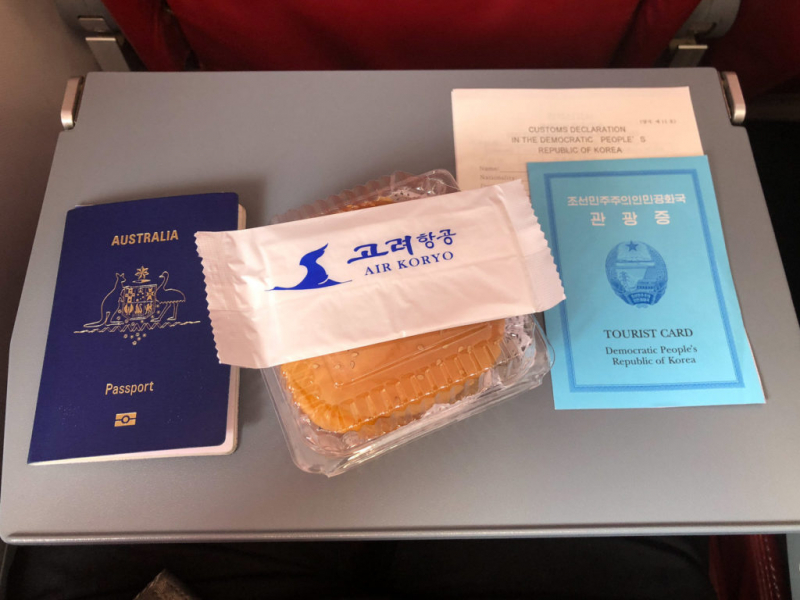
https://www.uritours.com/ 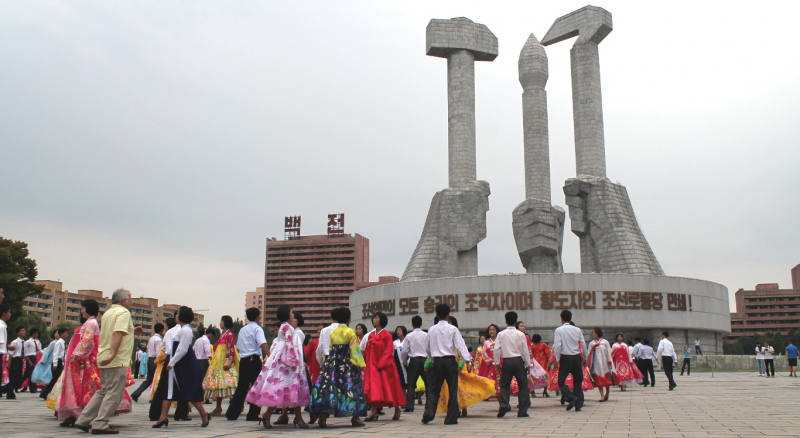
https://www.north-korea-travel.com/ -
Your guide will grab your passport and store it for "security reasons" when you arrive in North Korea. Make sure your passport is in good shape and matches the most popular passports in your nation.
Additionally, border officials in the Democratic People's Republic of Korea often take tourists' cell phones upon arrival, returning them only when they depart.
You won't be able to interact with anyone or see anything that isn't part of your pre-arranged tour. You will not gain any insight into the lives of local North Koreans. Your tour will be meticulously planned so that you only visit authorized sights, shop in authorized businesses, and converse with official guides.
Do not breach any of the tour's restrictions; doing so puts your guide in danger. For supporting your "espionage," he or she will be imprisoned and possibly tortured. Follow the guides' lead and compliment each location on your tour, remembering the guideline, "If you have nothing nice to say, don't say anything at all."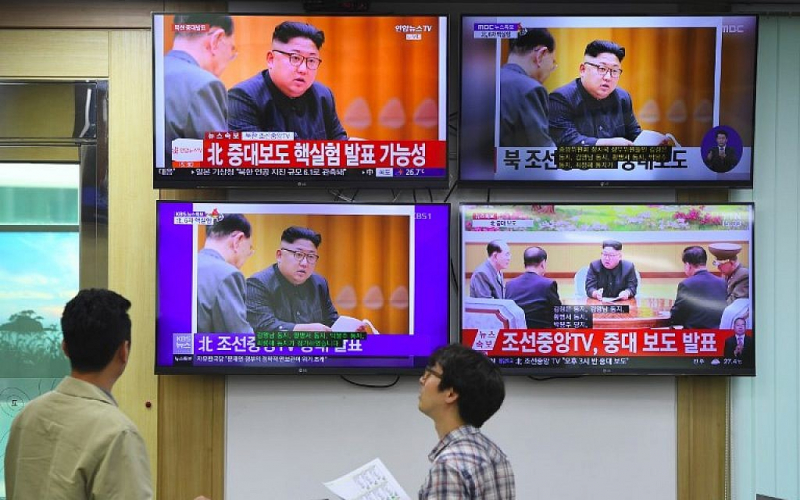
https://www.timesofisrael.com/ 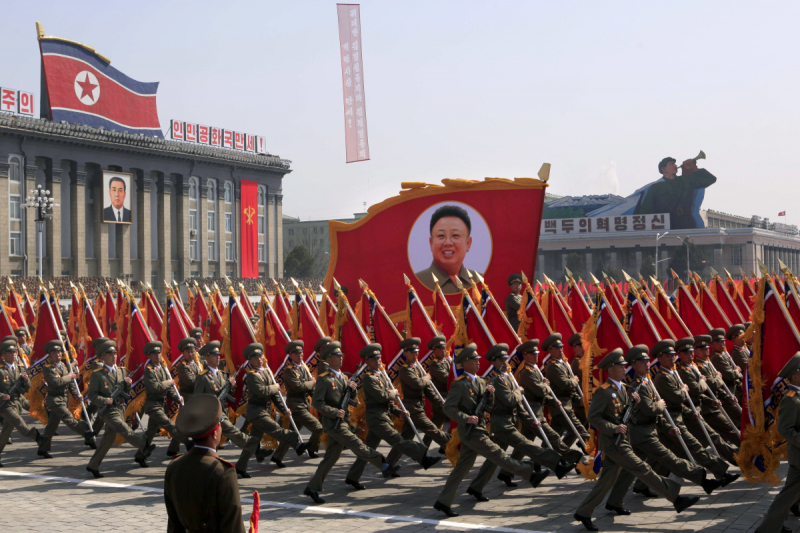
https://www.history.com/ -
When touring national monuments, most, if not all, tour groups are instructed to kneel gravely and offer flowers in front of statues of Kim Il Sung on one or two times. When dealing with photographs of North Korean leaders, always be respectful. It is also one of the things about North Korea you should know before travelling.
If you don't think you can obey the regulations, be respectful, and keep any bad ideas or opinions to yourself, you should think twice before visiting North Korea.
Disrespect for North Korea's current and former leaders, Kim Jong-Il and Kim Il-Sung, is a crime in the country. People who break North Korean rules, even unwittingly, risk being exiled, arrested, or imprisoned.
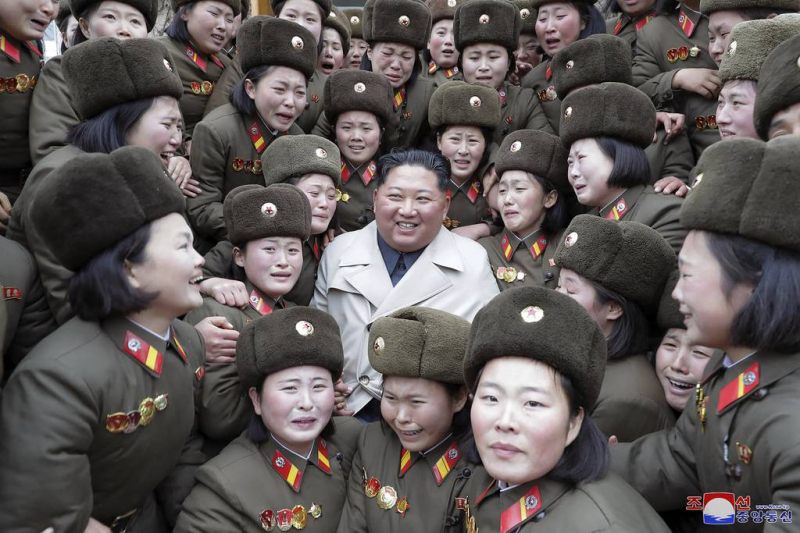
https://www.militarytimes.com/ 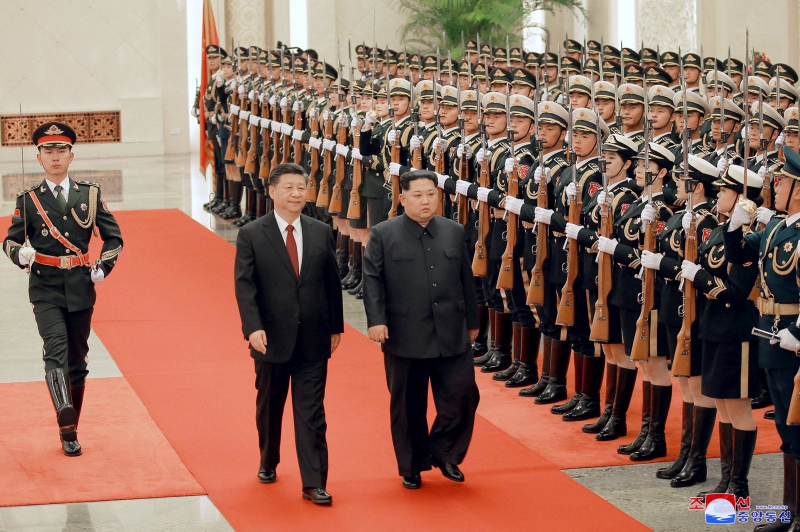
https://enewspaper.latimes.com/ -
Any improper activity can and will be interpreted as an espionage effort. Any effort to talk to a North Korean individual without express government authorization, or any unaccompanied travel, will be considered attempted espionage. Always travel with a guide and avoid doing anything that would attract the notice of local authorities.
For illicit cash transactions or shopping at stores not designated for foreigners, North Korean officials may penalize or arrest you. This is one of the things you should know about North Korea before travelling.
Do not take pictures unless you are instructed you can; North Korean officials may see unauthorized photography as espionage and confiscate cameras and film, as well as detain the photographer. Photographing poverty or other scenes that may give an unfavorable impression of the DPRK may result in confiscation. Before photographing authorities, military, or other people in the DPRK, you should seek permission. Photographs may be taken with the approval of DPRK guides.
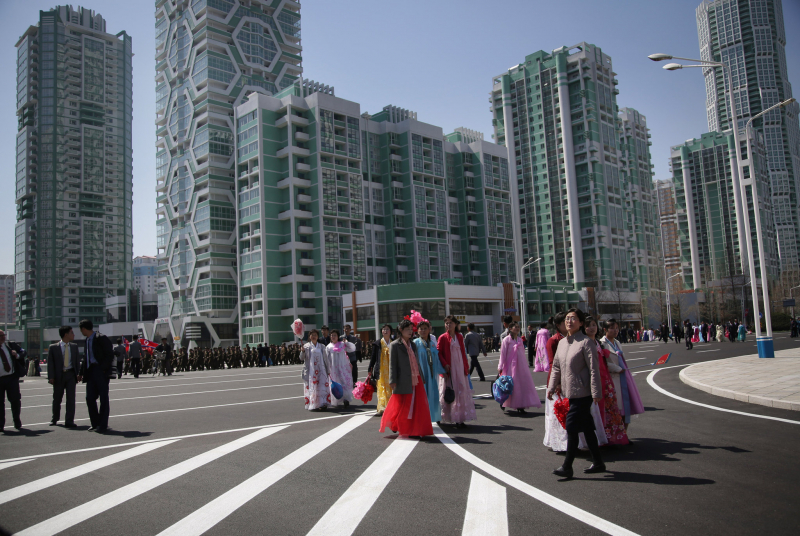
https://www.nytimes.com/ 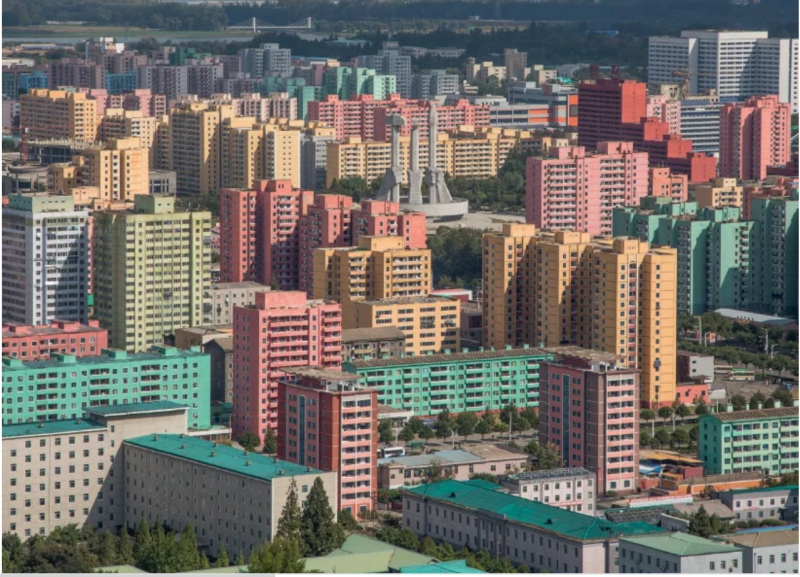
https://www.archdaily.com/ -
In North Korea, tourism is greatly welcome. If you accept them into your world and don't insult their ideas or philosophy, North Koreans are nice and accommodating. Tourism in the DPRK is unaffected even during tough political periods.
With that stated, you should be aware that North Korea has what amounts to highly strict lèse-majesté laws, which are detailed in our terms of travel agreement, and the repercussions of breaking such laws can be severe.
In North Korea, you will not be affected by any significant crime. Your visit will be so closely monitored that you will not be able to become a victim of crime. Petty theft is the worst you can expect, especially at Pyongyang airport and in public marketplaces. Always be cautious, aware of your surroundings, and make sure your personal belongings are secure. You should not become complacent just because your moves are meticulously organized.
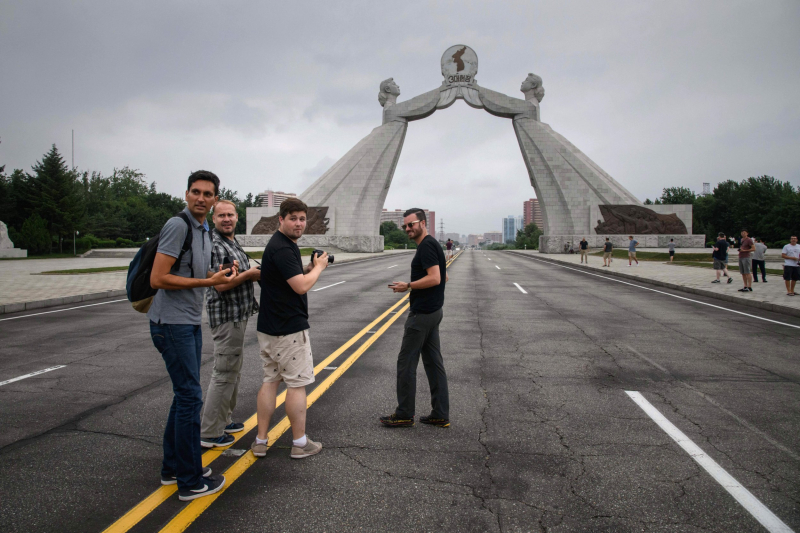
https://www.newsweek.com/ 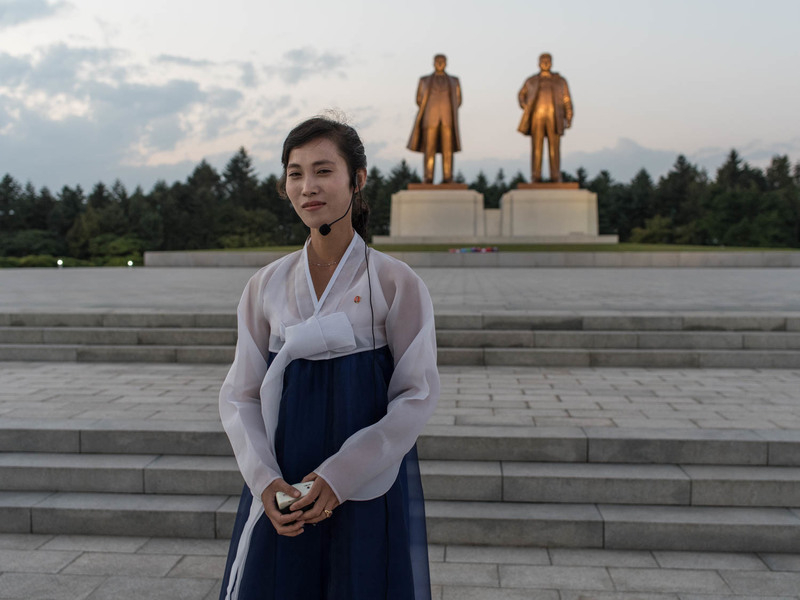
https://koryogroup.com/ -
Your visit will be so closely monitored that you should face no real health hazards in North Korea. Malaria is a problem, especially in the south of the country, and Japanese encephalitis is frequent.
Water-borne, food-borne, and other infectious diseases (such as tuberculosis, typhoid, hepatitis, measles, cholera, and rabies) are all common, with more major epidemics happening on occasion. Your meals, on the other hand, will be strictly supervised, and you will not be able to eat street food.
Hand, Foot, and Mouth Disease (HFMD) is quite prevalent, with more serious outbreaks happening on occasion. Yellow dust, transported to the Korean Peninsula by strong winds from Mongolia and China, can irritate the eyes, nose, mouth, and throat, as well as exacerbate respiratory and cardiovascular disorders, from March through May.
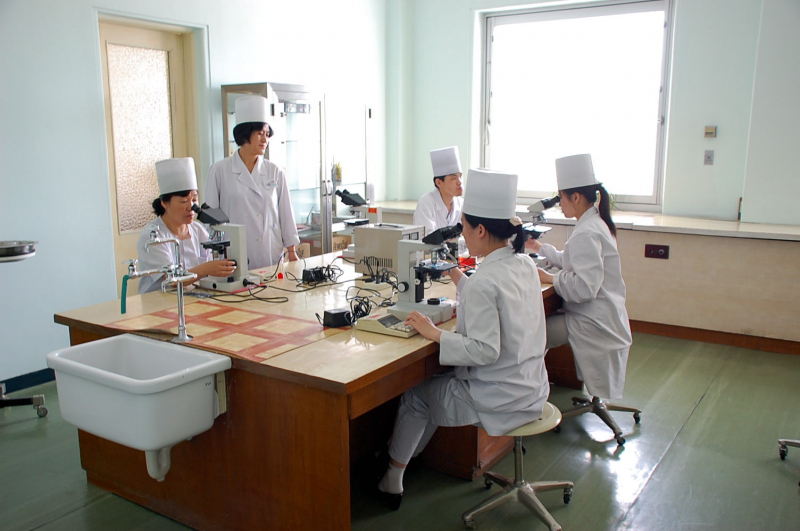
https://en.wikipedia.org/ 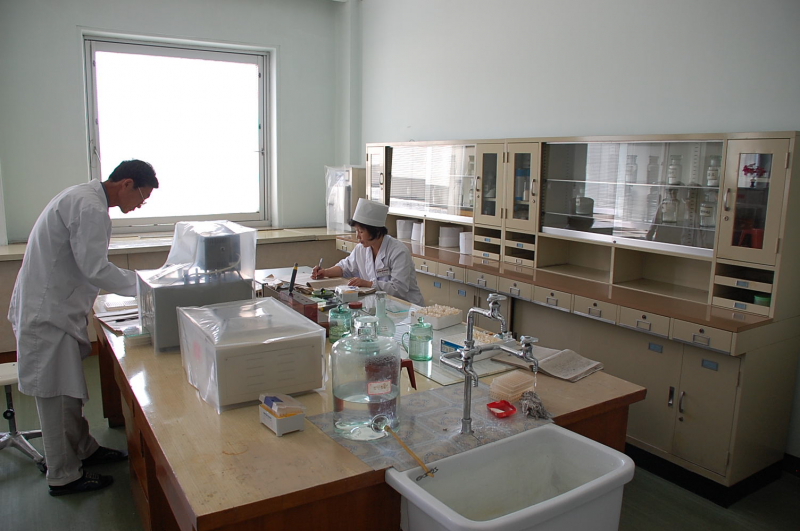
https://www.asianews.it/ -
Contrary to many outdated internet stories, you can bring your cellphone with you on most journeys to North Korea (DPRK). It is not necessary to leave your cell phone at home or to check it at the airport. This used to be the case, but not any longer (as of a few years ago)!
North Korea has allowed travelers to bring cellphones since 2013. To make calls, however, you must use a local SIM card because no foreign SIM cards function in the country. Furthermore, the local SIM cards made accessible to visitors are not the same as those used by North Koreans.
Visitors are unable to call local numbers. The only exemption is when traveling to Sinuiju by overland from China for a day trip or overnight stay. Otherwise, a cell phone can be taken on any trip to Pyongyang, the capital, or any other overland border crossing.
You must declare your phone, as well as any other devices you may be carrying, when you arrive in North Korea (phones, iPads, computers, etc.). On arriving in Korea, Korean customs may ask to inspect your electronic gadgets.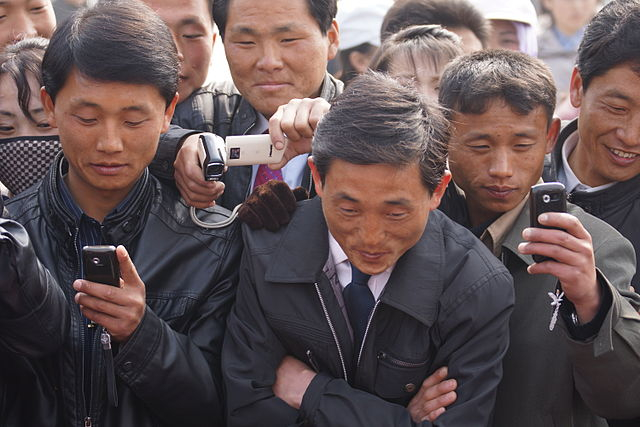
https://www.wikiwand.com/ 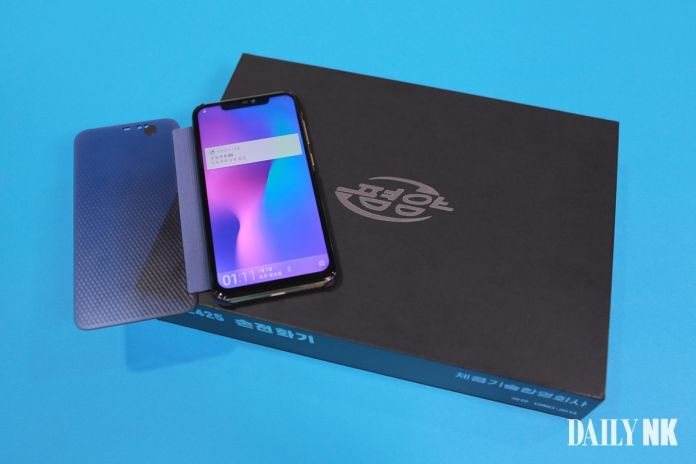
https://www.dailynk.com/ -
North Korea is an East Asian country that occupies the northern half of the Korean Peninsula. It is bordered on the south by South Korea, with the Korean Demilitarized Zone separating the two countries. Although the two Koreas share several meals, sociopolitical class distinctions have a considerably greater impact on the availability and quality of Northern cuisine.
Korean food has changed over the years as society and politics have changed. It has evolved from old agricultural and nomadic traditions in southern Manchuria and the Korean Peninsula, and has been subjected to a complex interaction of the natural environment and various cultural influences. Korean staples include rice dishes and kimchi. They are served with both side dishes (Banchan) and main entrees such as juk, Bulgogi, or noodles in a traditional Korean meal. The most well-known traditional Korean spirit is soju.
Some North Korean meals and delicacies are also cooked in South Korea, and migrating families introduced a variety of North Korean dishes to South Korea after the Korean War. Many of these foreign foods have since become classics in South Korean cuisine.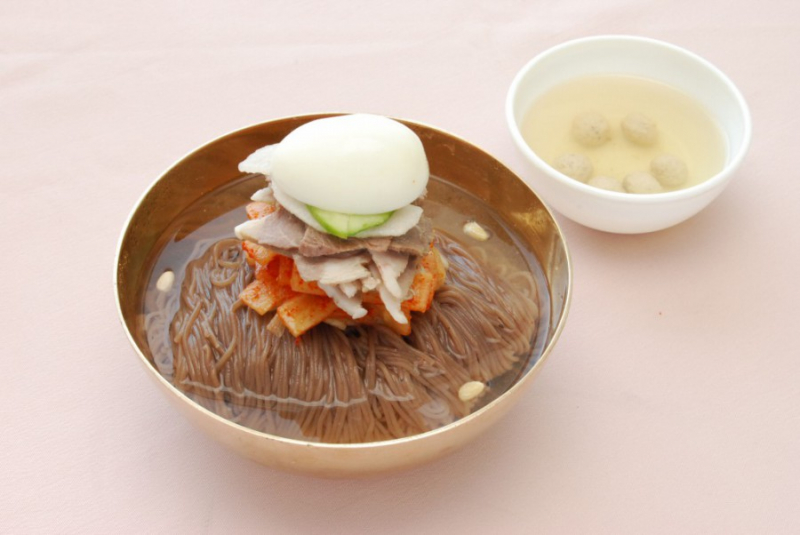
https://en.wikipedia.org/ 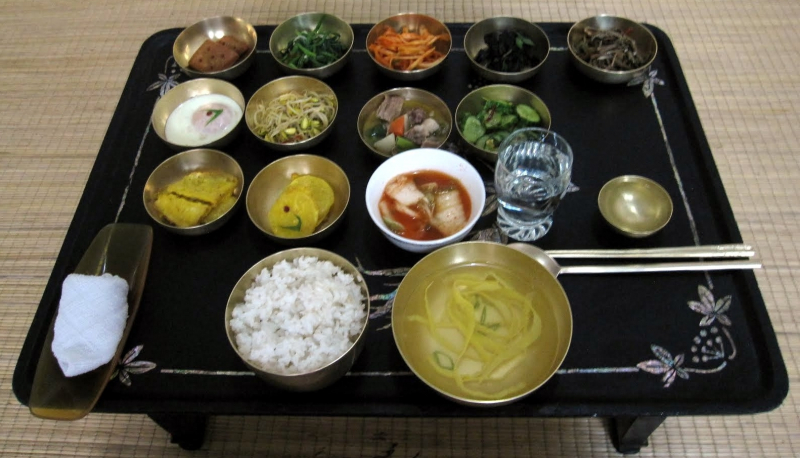
https://www.youngpioneertours.com/ -
Dano, also known as Surit-nal, is a Korean traditional celebration that occurs on the fifth day of the fifth lunar month. In North Korea, it is an official holiday, while in South Korea, it is one of the most important traditional festivals. South Korea has preserved various holiday celebrations, one of which is the Gangneung Dano Festival, which has been declared as a "Intangible Cultural Heritage of Humanity" by UNESCO.
This was a day of spiritual rites and celebration with singing, dancing, and wine in ancient Korea's Mahan confederacy. People bathed their hair in water that had been boiled with Sweet Flag, which was thought to make hair glossy. Women also wear Angelica polymorpha flowers in their hair, believing that the scent may ward off evil. People dressed in blue and red and painted their hairpins crimson with iris roots. Iris roots were worn around the waists of men to ward off evil spirits. This morning's dew-drenched herbs were claimed to heal stomachaches and wounds. Surichitteok, ssuktteok, and other herb rice cakes are traditional dishes.
The swing, ssireum, stone fighting game seokjeon, and taekkyon are among of Dano's most popular folk games. The swing was a female-only pastime, whereas the ssireum was a male-only wrestling bout. Mask dance was also popular among peasants because of its proclivity for sarcastic lyrics mocking local nobles.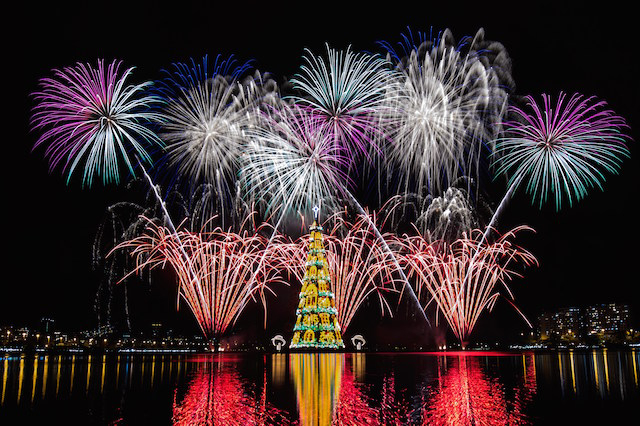
https://www.cheatsheet.com/ 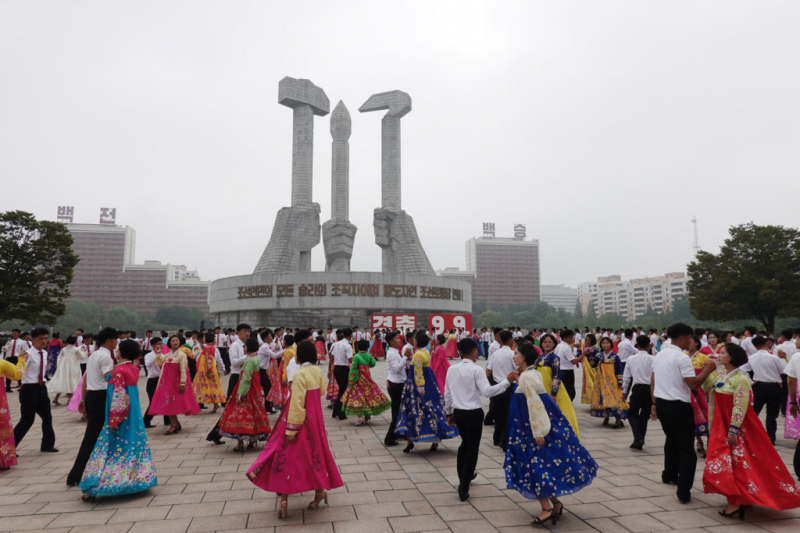
https://www.uritours.com/













